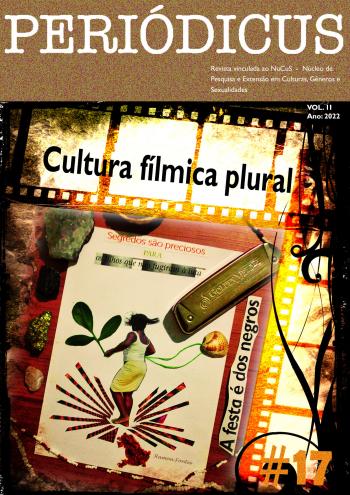Beyond the binary
how discourses affect non-binary people’s access to gender-affirming healthcare
DOI:
https://doi.org/10.9771/peri.v2i17.45466Abstract
This text is a Portuguese translation of the Senior Thesis written by the north american author Lori Puopolo (PUOPOLO, 2018). Their study is based on researches that evidence how healthcare professionals use a transmedicalist
point of view to limit the access of trans people to gender-affirming heallthcare, in order to understand how the discourses diffused by them affect, specially, the access of non binary people to gender-affirming healthcare. Puopolo notices that these specialists resort to a dominant discourse about transgender individuals so as to control the bodies of non binary people. On acount of this discourse, they internalyze the medical perspective about transiotioning, thereby delaying their treatments. Puopolo discloses that non binary people utilyze the Internet to discuss and inform themselves about the options involving the medical transition, noticing that as they gather more information, they become more willing to search access to the procedures desired.
Downloads
Downloads
Published
How to Cite
Issue
Section
License
Copyright (c) 2022 Jude de Oliveira Bento da Silva

This work is licensed under a Creative Commons Attribution-NonCommercial 4.0 International License.
Authors who publish in this journal agree to the following terms:
Authors retain copyright and grant the journal the right of first publication, with the work simultaneously licensed under a Creative Commons Attribution Noncommercial License that allows the work to be shared with acknowledgment of authorship and initial publication in this journal, but prohibits commercial use.
Authors are authorized to enter into separate additional contracts for non-exclusive distribution of the version of the work published in this journal (e.g., publishing in an institutional repository or as a book chapter), with acknowledgment of authorship and initial publication in this journal.
Authors are permitted and encouraged to publish and distribute their work online (e.g., in institutional repositories or on their personal website) at any point before or during the editorial process, as this can generate productive changes and increase the impact and citation of the published work (see The Effect of Open Access).








